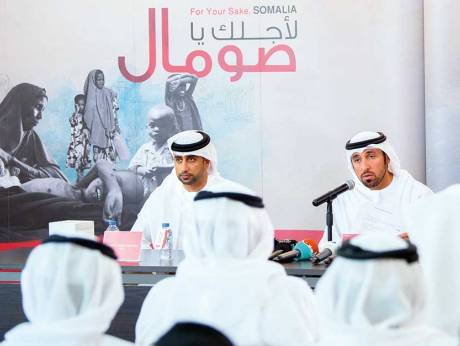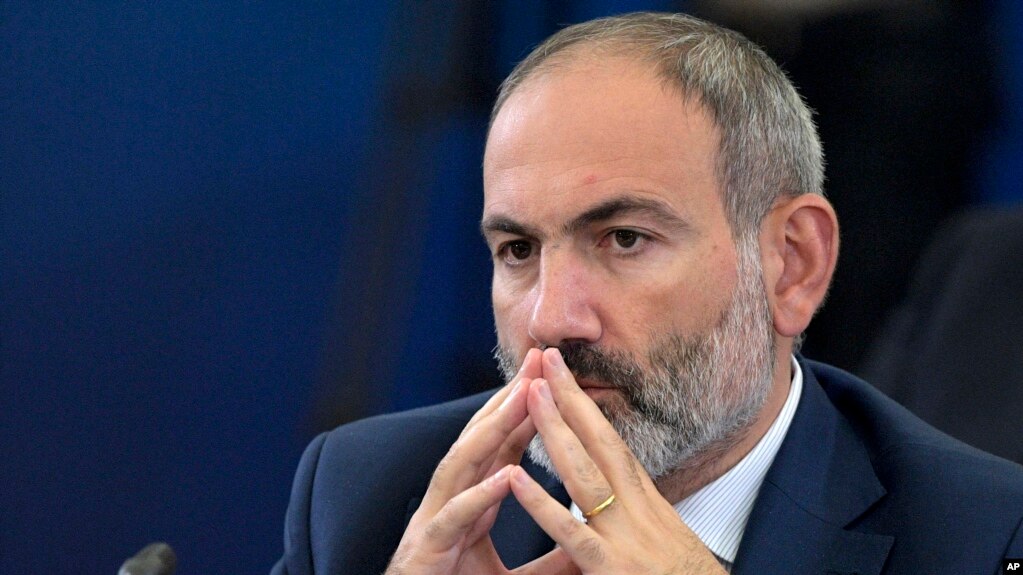
The European Parliament has condemned the United Arab Emirates (UAE) and Saudi Arabia for cutting financial support to Somalia for its neutrality on a rift between a Saudi-led quartet and Qatar.
The Belgium-based parliament said in a resolution passed on Wednesday that Somalia has "sought to remain neutral" on the ongoing crisis, but was in turn "deprived of regular budgetary support payments by Saudi Arabia and the UAE".
"In terms of the wider confrontation between the United Arab Emirates (UAE) and Saudi Arabia, on the one hand, and Qatar, on the other, the Federal Government of Somalia has sought to remain neutral; whereas, in retaliation, Saudi Arabia and the UAE have ceased their regular budgetary support payments to Somalia, which further weakens the government's ability to pay the security forces," the resolution reads.
The statement called on "the UAE to cease forthwith all acts of destabilization in Somalia and respect Somalia's sovereignty and territorial integrity".
Somalia is highly dependent on trade from Saudi Arabia and imports many UAE products.
Last month, an Emirati plane was grounded in the African country for several hours after UAE officials refused to allow the search of a luggage which Somalia officials had described as "suspicious".
Accordingly, the Emirati military trainers who were on board the plane were held for hours at Bosaso International Airport in Somalia’s semi-autonomous region of Puntland, as they refused to allow security forces to check their suspiciously “heavy” luggage.
In an earlier incident, the Somali federal government had confiscated nearly $10 million from a UAE Royal Jet at the Mogadishu International Airport.
Following the incident, the UAE ended its military training program in Somalia, which started in 2014.
Tensions between Somalia and the UAE emerged in March after the Dubai-based DP World granted a 19-percent stake to Ethiopia in the Berbera port in breakaway Somaliland, which Somalia has not recognized as independent.
Under that deal, the UAE builds a military base in the Berbera port and trains the soldiers of the breakaway Somali region.
Mogadishu censured the agreement as a violation of international law.
Somalia’s internationally-backed government is reportedly planning to file a legal complaint against the UAE for setting up the military base.
Somaliland is located along the strategic Bab al-Mandab Strait across from Yemen, where the UAE has been waging a devastating war as part of a Saudi-led coalition.
Relations between Somalia and the UAE first soured last year when Mogadishu refused to take sides with the Saudi regime and the UAE in their diplomatic dispute with Qatar.
Last June, Saudi Arabia, Egypt, Bahrain, and the United Arab Emirates abruptly cut diplomatic ties with Qatar and imposed an economic embargo on the country, accusing it of supporting terrorism, a claim Doha strongly rejected.
Source: Press TV





